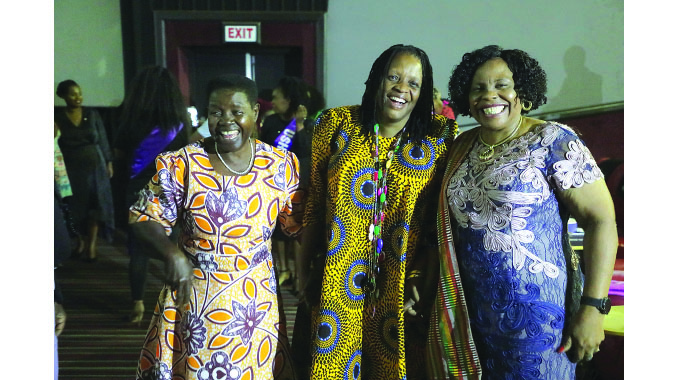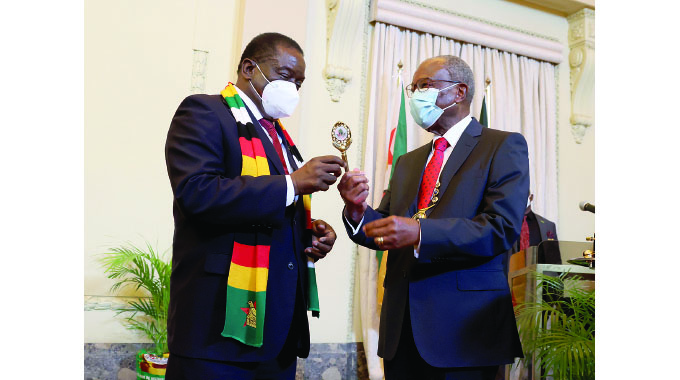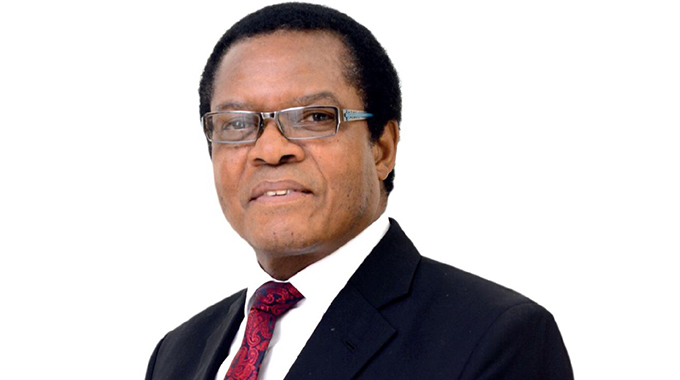‘Document women’s history for posterity’

Rumbidzayi Zinyuke
Senior Reporter
The documentation of life stories of women in leadership positions is important to ensure that younger women and girls are inspired to claim their positions in society and fulfil national ambitions for women empowerment.
A documentary compiled by Whispers, a local feminist organisation, has profiled the lives of three Zimbabwean female politicians who have been successful in standing up for other women in the political arena.
The documentary, which is the first of the “Women of Power” series, follows the personal, social and political lives of Information, Publicity and Broadcasting Services Minister Monica Mutsvangwa, Zimbabwe’s Ambassador to Sweden Priscilla Misihairabwi-Mushonga and former Kuwadzana Member of Parliament and trade unionist Mrs Lucia Matibenga.
Speaking at the documentary launch yesterday, Minister Mutsvangwa said there were many women who had contributed to taking Zimbabwe where it is, but their stories had not been told.
“Stories of women need to be told. Stories of women before us, those who were in the struggle, even the younger generation; young women who are doing wonderful things in this country, their stories need to be told. These stories help to instil confidence in our young women, to let them know that they can do it,” she said.
She encouraged women to voluntarily take up positions of leadership to be part of the development of their communities and the country at large.
“Issues of women empowerment are not just human rights issues, they are key for the economic development of any nation. As women, you need to find the right mentors and advisors, and know who you are and where you are coming from so that you can chart the right way forward,” said Minister Mutsvangwa.
She said Zimbabwe had made significant progress in achieving the women empowerment targets set in the Constitution.
“We now have about 13 female Ambassadors, but that is not enough. In the Cabinet, we now have about 30 percent female representation and our councillors are also at 30 percent. We haven’t reached the 50 percent that is enshrined in the Constitution, but we are happy about the effort that is being done. We are not yet there but we can get there together if we work in unity,” she added.
Ambassador Misihairabwi-Mushonga said the documentary had given her a chance to tell her story that could possibly inspire another woman.
“Globally women’s experiences are never documented and we listen to men talk as if we never existed. Men speak about the liberation struggle and other significant events as if women were never part of it.
“We need to document even the young people now because they are doing fantastic work,” she said.
“The journey of making this documentary was wonderful. It was challenging because it took us to some of the difficult spaces we have been in but it was also affirming because we remembered some of the fun things. It happened at a time that I was moving from politics into diplomacy.”
Mrs Matibenga said her journey as one of the top trade unionists in the country had never been captured and the documentary had helped her to relive that part of her life.
She expressed hope that her political career would inspire other aspiring politicians to take up that space which still had fewer women.
“This is a way for young politicians to follow in our footsteps.
“The younger generation will take away what they can do better and perhaps copy a few things.
“I know the environment is totally different for young women now with all the technology and social media, but there is a lot they can take away from what we experienced, there is a lot to learn from how we travelled the road,” she said.
Whispers director, Ms Sibonokuhle Buhlungu said the initiative, which was done through support from Swedish-based feminist organisation Olof Palme, would be replicated to include women in other sectors.
“The programme came about after we realised that women’s stories are not being documented. We are not limiting ourselves to documenting women in politics, but we are hoping to document women in media, in health, in sports and other sectors.
“We want to talk to women that have made it so that they share their journeys and they can inspire young women who want to follow in those fields,” she said.











Comments